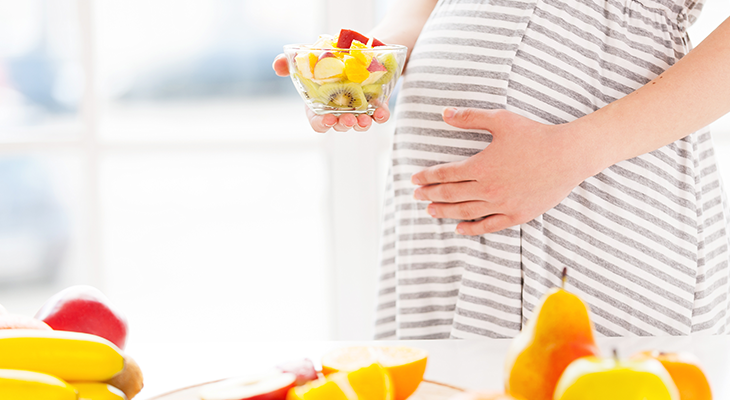
13 Sep Health Rules for all the moms-to-be: The right way to eat for two
At no other time in a woman’s life is a good and balanced nutrition is more vital than during pregnancy and the time spent breastfeeding. Pregnancy can be one of the most exciting periods for all women. However, figuring out the right nutrition for both you and your little ones can be a bit tricky.
It is very important to monitor weight increment of the mother during pregnancy to ensure healthy foetal growth and at the same time prevent excessive weight gain. A woman of average weight is advised to gain approximately 11-16kg of weight gradually over the pregnancy period. Women who are underweight at conception may need to gain slightly more weight than that, while overweight women are advised not to gain more than 11kg of weight.
Bear in mind that NO ONE should attempt to lose weight during their pregnancy because this exposes the foetus to numerous hazards.
How (or what) should I eat?
It is essential to get the concept right when planning diet for pregnancy. You have to eat adequate nutrients for two, not eating the amount of two. Below are some dietary guidelines to follow:
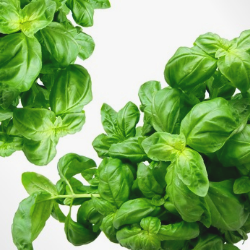 |
Ensure adequate folate (better known as folic acid; Vitamin B9) consumption Folate supplements are normally taken from the first trimester to prevent birth defects (particularly those involving brain and spinal cord). They need 600mcg of folate each day and some good dietary sources of folate include green leafy vegetables, fruits, pulses, fortified flour and pasta. |
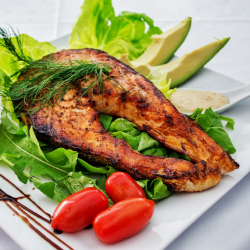 |
Add up on iron Most women need to take iron supplement during pregnancy because they need 27mg of iron daily to accommodate their increasing blood volume whereas a well-balanced diet will only provide approx. 12-15mg of iron. |
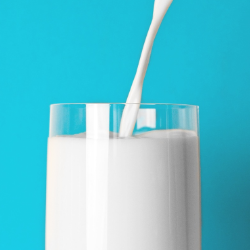 |
Increase calcium consumption Women in their child-bearing years need 1000mg of calcium each day (up to 1300mg during pregnancy). This is especially important for woman under 30, whose bones are still developing. Dairy products, soy products (including tofu), and black sesame are examples of foods sources rich in calcium. |
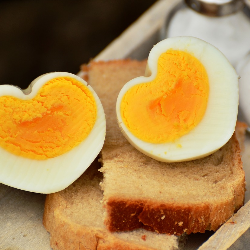 |
Don’t cut back on protein Health experts recommend 75-100g of protein each day for the growth of mother’s breast and uterine tissue, also foetal tissue including brain tissue. Excellent protein sources are such as lean meat, poultry, eggs, cheese, chia seeds and variety of grains. |
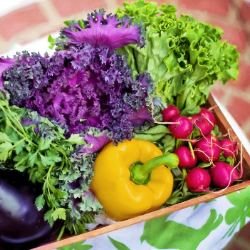 |
Eat a variety of fruits and vegetables This is to make sure you get plenty of various vitamins and minerals. Rich fibre content in fruits and vegetables also prevent you from getting constipation as it is very common during pregnancy. |
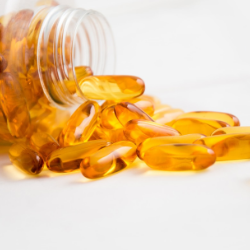 |
Add in some omega-3 Omega-3 oils, especially docosahexaenoic Acid (DHA) is crucial for foetal brain development but the choice of food source has to be carefully selected. Most fish oil supplements are made from salmon fish, which is dangerous for pregnant women to consume due to possible contamination of heavy metal. Select good quality fish oils that are made from small fishes (like anchovies) or other sources are such as flaxseed and walnuts. |
 |
Avoid alcohol and toxins Alcohol could lead to foetal alcohol syndrome and causes mental deficiency, facial and heart malformations, and retarded growth in the foetus. King mackerel, tilefish, shark, swordfish and fresh tuna should also be avoided to prevent mercury toxicity. Stay away from any raw, overnight and unpasteurised foods because they are at high risk of bacterial contamination, which can be extremely dangerous for pregnant women and the foetus. |
References:
- American Pregnancy Association (2015) Pregnancy Nutrition
http://americanpregnancy.org/pregnancy-health/pregnancy-nutrition/ - National Health Services (2015) Have a Healthy Diet in Pregnancy,
http://www.nhs.uk/conditions/pregnancy-and-baby/pages/healthy-pregnancy-diet.aspx - Berkoff, F. and Schwarcz, J. (2013) Foods That Harm, Foods That Heal, United States of America: The Reader’s Digest Association.
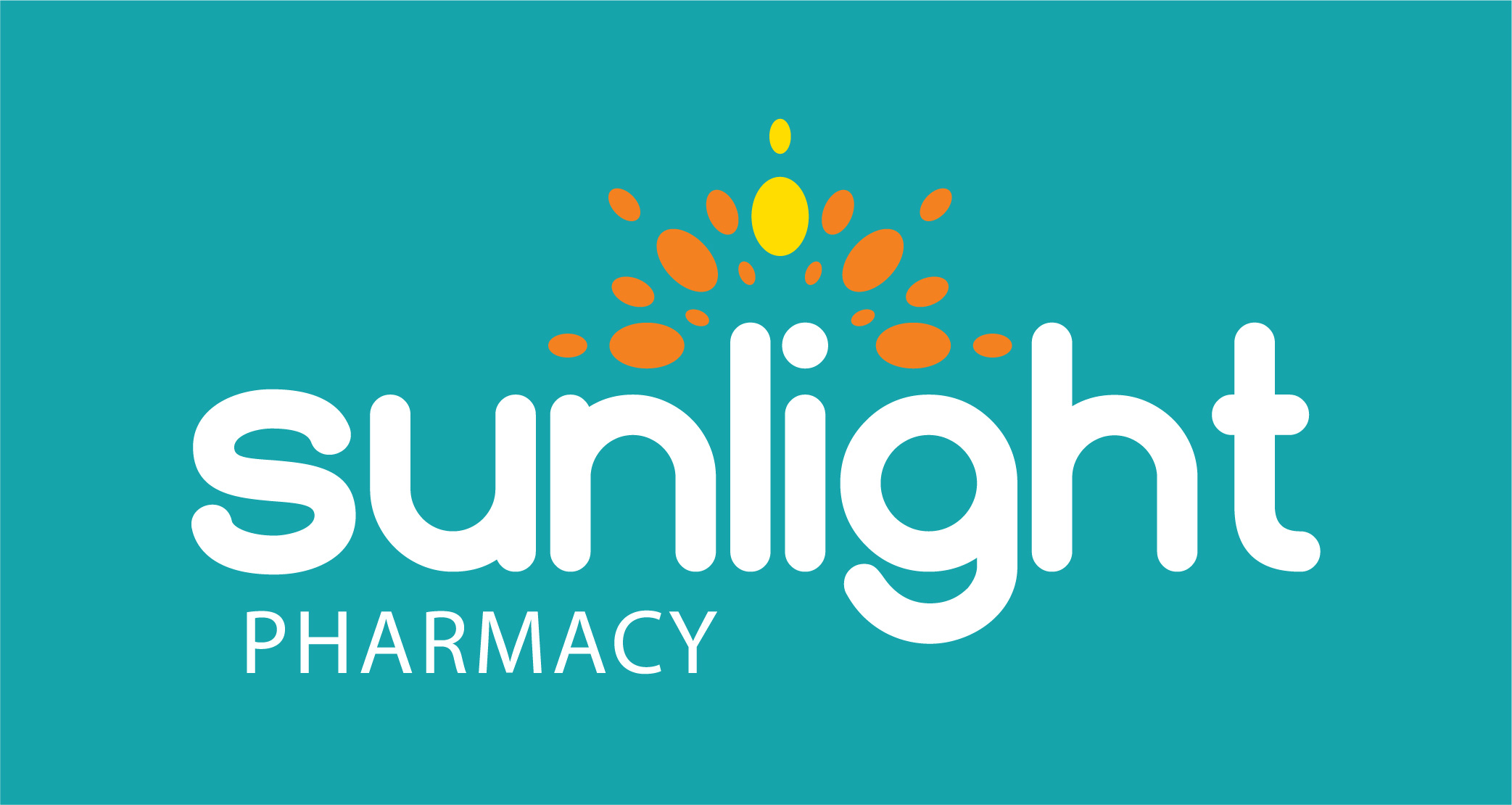

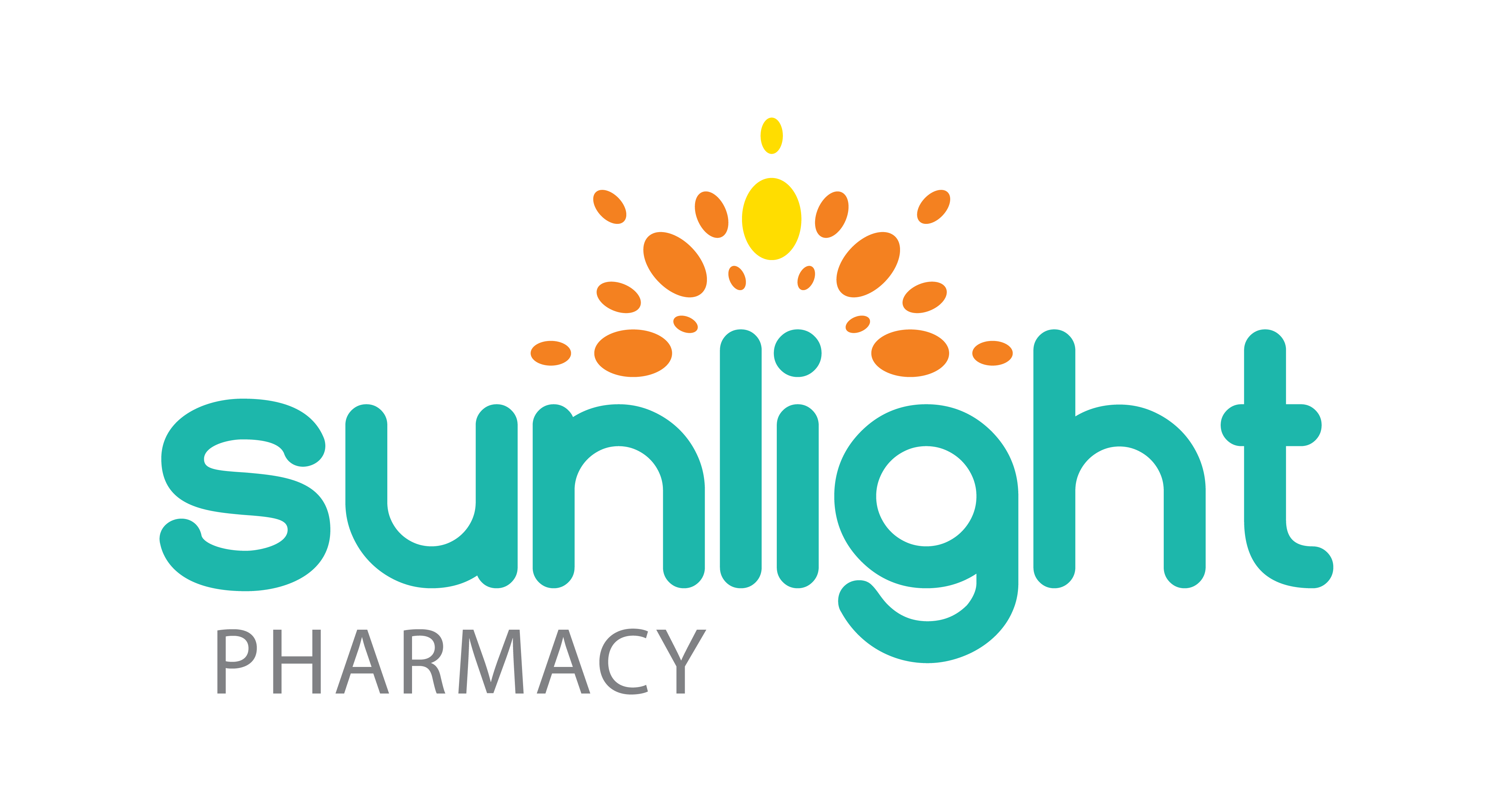
No Comments